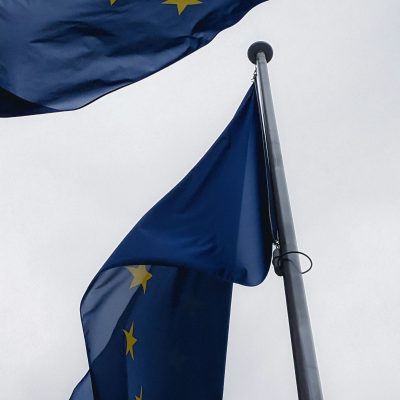[FR] Populism: ‘Europe’s fault’?
This publication is available in french.
Thierry Chopin, professor of political science at the Catholic University of Lille (ESPOL) and special adviser to the Jacques Delors Institute, and Emmanuel Rivière, who heads Kantar’s Public division in France and chairs the Kantar Centre on the Future of Europe, offer their analysis of the rise of populism in Europe.

The success of national-populist political forces is widely interpreted as a manifestation of voter hostility to the European Union. At the same time, it is noteworthy that support for EU membership has risen sharply over the last three years if we consider the European average of the most recent Eurobarometers. Indeed, the opinion polls carried out following the UK referendum suggest that public opinion has become more favourable towards participation in this Union, and more positive about the image it inspires.
Remarkably, this trend can also be seen in Member States currently governed by national-populist and illiberal political forces, such as Hungary and Poland. On the other hand, in no Member State is there a “Europhobic” majority in favour of leaving the European Union, and in neither Hungary nor Poland is there any questioning of EU membership.





